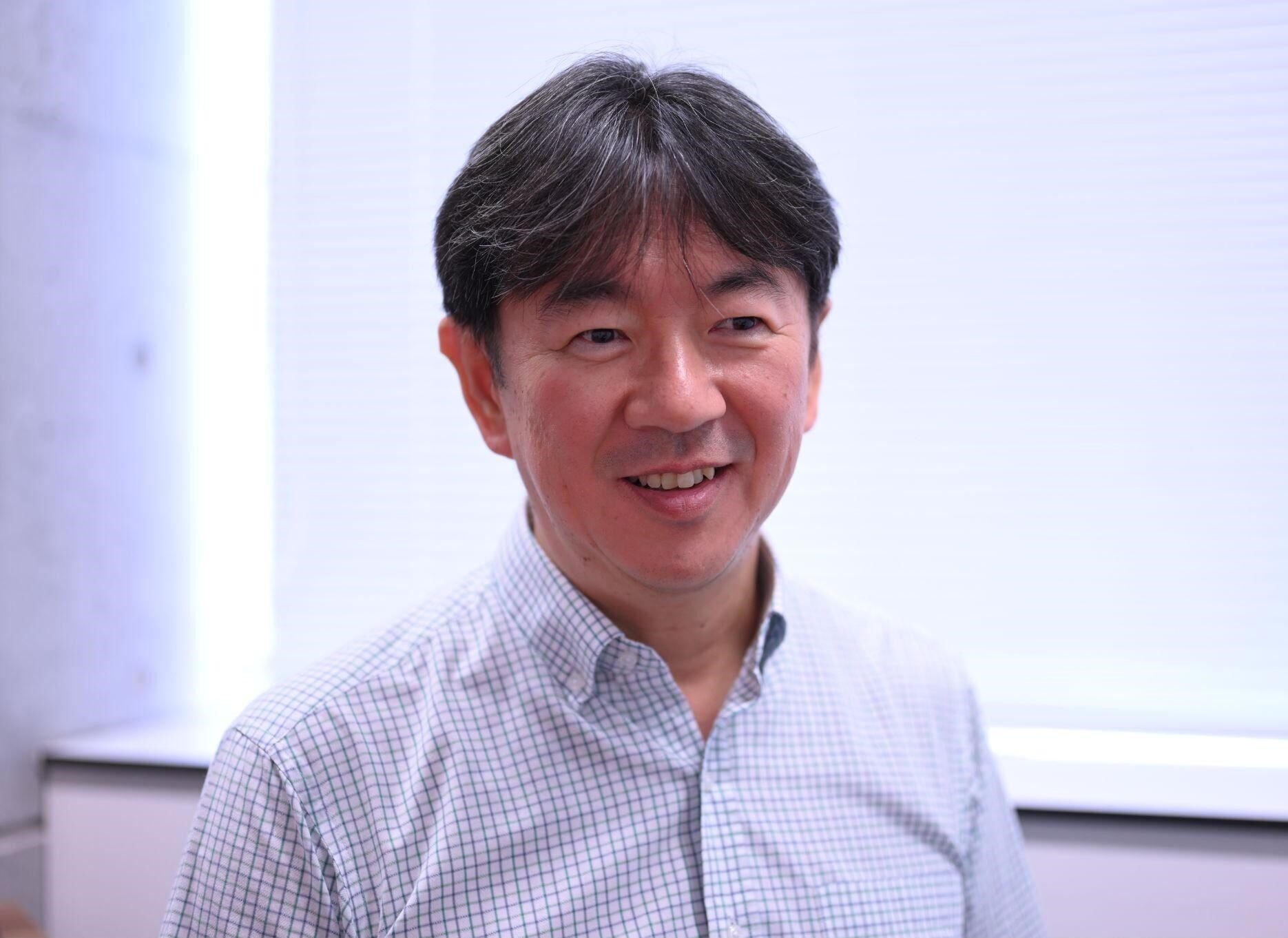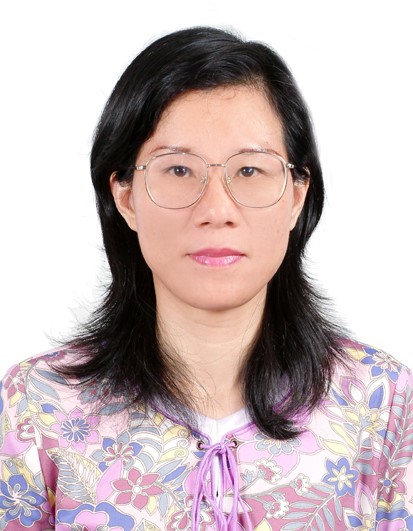Keynote Speakers

Prof. Tetsuya Kawanishi, Ph.D.
Title: Seamless Integration of Wired and Wireless Networks: Innovations for Public Infrastructure
Abstract:
The seamless integration of wired and wireless networks, including optical fiber communication, terahertz wireless systems, and radio-over-fiber technologies, is revolutionizing public infrastructure. These advanced systems enable high-speed, reliable, and scalable connectivity essential for diverse applications such as cutting-edge scientific research, high-speed rail networks, and airport infrastructure. This keynote will delve into the latest advancements in photonic and radio technologies, addressing challenges like interoperability, propagation loss, and cost-efficiency. By showcasing real-world applications and innovative solutions, the presentation will highlight how integrated networks are transforming public services and supporting sustainable, connected communities.
Biography:
Tetsuya Kawanishi received the B.E., M.E., and Ph.D. degrees in electronics from Kyoto University, Kyoto, Japan, in 1992, 1994, and 1997, respectively.
From 1994 to 1995, he was with the Production Engineering Laboratory of Panasonic. During 1997, he was with the Venture Business Laboratory, Kyoto University, where he was engaged in research on electromagnetic scattering and near-field optics. In 1998, he joined the Communications Research Laboratory, Ministry of Posts and Telecommunications (now the National Institute of Information and Communications Technology, NICT), Tokyo, Japan, where he became the Director of the Lightwave Devices Laboratory.
During 2004, he was a Visiting Scholar in the Department of Electrical and Computer Engineering, University of California at San Diego. Since 2015, he has been a professor in the Faculty of Science and Technology, Waseda University, Tokyo, Japan.
His current research interests include high-speed optical modulators and RF photonics.
He served as an associate editor of Photonics Technology Letters from 2008 to 2011 and was a committee member of the Microwave Photonics sub-committee of the IEEE Photonics Society. He has also served as a member or chair of committees for major conferences, including the Optical Fiber Communication Conference (OFC), the Conference on Lasers and Electro-Optics (CLEO), the Opto Electronics Communications Conference (OECC), the IEEE International Symposium on Microwave Photonics (MWP), the Asia-Pacific Microwave Photonics Conference (APMP), and the Asia Communications and Photonics Conference (ACP).
He was the general chair of MWP/APMP 2014 in Sapporo, Japan, and a TPC co-chair of ACP 2014. Additionally, he has contributed to international standardization efforts, including IEEE 802 and other organizations such as the International Telecommunication Union (ITU), the International Electrotechnical Commission (IEC), and the Asia-Pacific Telecommunity (APT).
Currently, he serves as the chair of the Task Group on Fixed Wireless and Ground-Based Radar Systems (TG-FWS/GBRS) in the APT Wireless Group (AWG). From 2017 to 2019, he was a member of the Board of Governors of the IEEE Photonics Society. He is an IEEE Fellow.
Professional Experience
- 2015–Present: Professor, Faculty of Science and Technology, Waseda University
- 2006–2015: Head of Lightwave Devices Laboratory, National Institute of Information and Communications Technology (NICT)
- 2003–2004: Visiting Scholar, University of California at San Diego
- 2002–2006: Senior Researcher, Communications Research Laboratory (renamed NICT in 2004)
- 1998–2002: Researcher, Communications Research Laboratory
- 1997–1998: Researcher, Venture Business Laboratory, Kyoto University
- 1994–1995: Engineer, Production Engineering Laboratory, Panasonic
Educational Background
- Ph.D. (1997): Kyoto University, Kyoto, Japan
- Master’s (1994): Kyoto University, Kyoto, Japan
- Bachelor’s (1992): Kyoto University, Kyoto, Japan

Prof. Pau-Choo (Julia) Chung, Ph.D.

Title: AI-Driven Pathology Image Analysis with Semi-supervised Learning
Abstract:
Pathology image analysis is computationally intensive due to the large size and complexity of whole-slide images. With recent advances in AI-powered image analysis, digital pathology is increasingly integrating AI as an assistant in interpreting pathology images.
ALOVAS offers a unique solution for analyzing whole-slide pathology images. It employs deep learning models combined with advanced image analysis techniques to support tasks such as Ki-67 quantification, Her2 grading, liver tumor detection, nuclear quantitative measurements, lymphocyte detection and aggregation analysis, fibrosis dispersion analysis, hepatitis characterization, and more.
Due to their extremely large size, labeling pathology images is highly time-consuming. As a result, labeled pathology datasets are scarce and difficult to obtain. Semi-supervised learning (SSL) offers a promising solution by leveraging unlabeled data during training. However, many existing SSL models are limited by weak pseudo-label selection strategies and suboptimal data augmentation policies, which often lead to poor-quality pseudo-labels.
In this talk, we will not only present the ALOVAS platform but also introduce the fundamentals of semi-supervised learning and present a confidence-aware algorithm designed to enhance pseudo-label accuracy and robustness. This algorithm incorporates three key modules, which collaboratively improve the semi-supervised learning. (a)Persistent confidence evaluation – identifies high-quality pseudo-labels using a confidence-based selection mechanism. (b)Inference-evolution-based consistency – filters out temporally inconsistent pseudo-labels to improve training stability and performance. (c)Adaptive augmentation – dynamically selects the most suitable augmentation strategies for each training iteration.
Biography:
Pau-Choo (Julia) Chung joined the Department of Electrical Engineering, National Cheng Kung University (NCKU), Taiwan, in 1991 and has become a full professor in 1996. She served as the Head of Department of Electrical Engineering (2011-2014), the Director of Institute of Computer and Communication Engineering (2008-2011), NCKU. She was elected Distinguished Professor of NCKU in 2005 and received the Distinguished Professor Award of Chinese Institute of Electrical Engineering in 2012. She also served as Program Director of Intelligent Computing Division, Ministry of Science and Technology (2012-2014), Dean of Miin Wu School of Computing at NCKU, and Dean of College of Electrical Engineering and Computer Science at NCKU, Taiwan.
Dr. Chung’s research interests include computational intelligence, machine learning, computational pathology, medical image analysis, and pattern recognition. She currently is focusing on Whole Slide Image (WSI) pathology image analysis and has built ALOVAS platform for the analysis of liver and breast pathology images. She served as an Associate Editor of IEEE Transactions on Neural Network and Learning Systems, IEEE Transactions on Biomedical Circuits and Systems, and IEEE Transactions on Artificial Intelligence.
Dr. Chung served on two terms of ADCOM member (2009-2011, 2012-2014) of IEEE CIS, the Chair of CIS Distinguished Lecturer Program (2012-2013), the Chair of Women in Computational Intelligence (2014), and the Vice President for Members Activities of IEEE CIS Society. She also served on two terms of BoG member in IEEE Circuit and Systems Society. She is a Member of Phi Tau Phi honor society and is an IEEE Fellow since 2008. She also served as the Vice President for Education of IEEE CIS. Currently, she is the Chair of Strategy Planning Education Committee of IEEE CIS
